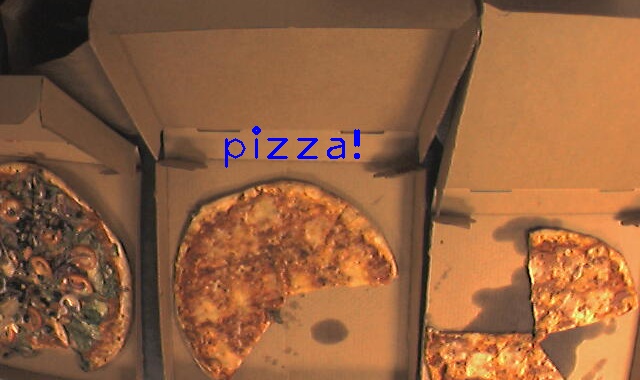 Hi!
Hi!
I would like to present something I have been working on recently, a work that immensely affect what I wrote in the blog in the past two years…
To use it:
Go on this page,
Watch the short instruction video,
download the application (MacOSX-Intel-x64 Win32)
and make yourself a model!
It takes just a couple of minutes and it’s very simple…
This work is an academic research project, Please please, take the time to fill out the survey! It is very short..
The results of the survey (the survey alone, no photos of your work) will possibly be published in an academic paper.
Note: No information is sent anywhere in any way outside of your machine (you may even unplug the network). All results are saved locally on your computer, and no inputs are recorded or transmitted. The application contains no malware. The source is available here.
Note II: All stock photos of models used in the application are released under Creative Commons By-NC-SA 2.0 license. Creator: http://www.flickr.com/photos/kk/. If you wish to distribute your results, they should also be released under a CC-By-NC-SA 2.0 license.
Thank you!
Roy.







